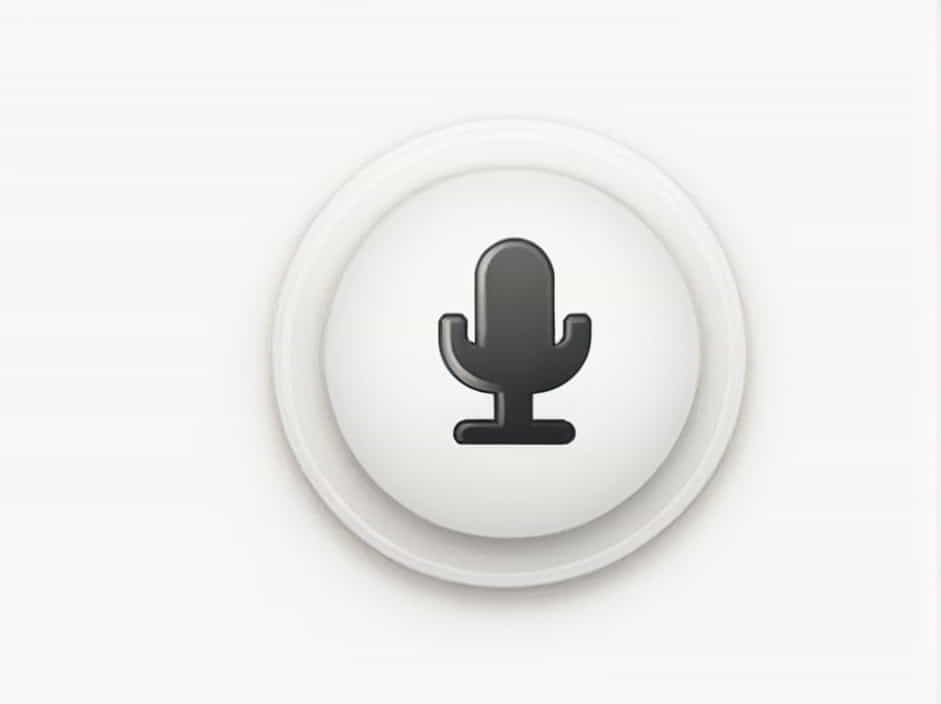Elections are the cornerstone of democracy, but sometimes, the outcome surprises even the voters. If an autocrat has been elected, many citizens may wonder: What happens next? Does democracy survive? How does governance change? And what can people do to protect their freedoms?
This topic explores the consequences of electing an autocratic leader, how such leaders consolidate power, and what citizens can do to uphold democratic values.
Who is an Autocrat?
An autocrat is a leader who seeks to centralize power, often reducing democratic checks and balances. While some autocrats come to power through coups or force, many are elected in a democratic system before gradually dismantling institutions that limit their authority.
Common Traits of an Autocrat
-
Weakens democratic institutions (e.g., judiciary, media, opposition parties).
-
Suppresses dissent through censorship, arrests, or intimidation.
-
Expands executive power by changing laws, rewriting constitutions, or extending term limits.
-
Controls the narrative by spreading propaganda and discrediting critics.
-
Undermines free elections by manipulating votes, restricting candidates, or suppressing opposition turnout.
Autocrats do not always start as dictators, but they often chip away at democracy over time.
What Happens After an Autocrat is Elected?
1. Rapid Consolidation of Power
Autocrats move quickly to secure their authority. Within their first months in office, they may:
-
Appoint loyalists to key positions in government.
-
Attack independent media to control information.
-
Use fear tactics to discourage opposition.
If an autocrat gains control of law enforcement, courts, and the military, reversing their rule becomes much harder.
2. Erosion of Checks and Balances
A healthy democracy relies on separation of powers, where courts, legislatures, and watchdog institutions hold leaders accountable. Autocrats work to:
-
Weaken judicial independence by appointing loyal judges.
-
Reduce legislative oversight by silencing or controlling lawmakers.
-
Use law enforcement against political opponents.
Over time, this creates a government that serves the leader, not the people.
3. Attacks on Free Speech and Media
One of the first targets of an autocrat is independent journalism. Expect:
-
Media outlets to be bought, shut down, or censored.
-
Journalists and critics to face legal threats, imprisonment, or violence.
-
A rise in state-controlled media promoting government propaganda.
Without free press, the public loses access to truthful information, making it easier for an autocrat to manipulate public perception.
4. Expansion of Executive Power
Autocratic leaders often change laws to increase their authority. This includes:
-
Extending presidential terms or removing term limits.
-
Expanding emergency powers to rule by decree.
-
Rewriting the constitution to consolidate control.
What may start as “temporary measures” can quickly become permanent, leading to long-term authoritarian rule.
5. Targeting of Political Opponents
Autocrats do not tolerate dissent. Common tactics include:
-
Disqualifying opposition candidates using legal loopholes.
-
Jailing political rivals on fabricated charges.
-
Using violence or intimidation to silence activists.
Over time, this creates a system where only one party or leader dominates, eliminating real competition.
What Can Citizens Do?
Even after electing an autocrat, all hope is not lost. Democracy can survive if citizens stay engaged and resist authoritarian measures.
1. Protect Independent Media
-
Support journalists and fact-based news organizations.
-
Combat disinformation by verifying sources before sharing news.
-
Use encrypted communication if censorship increases.
Without truthful reporting, it becomes much harder to mobilize resistance.
2. Defend Democratic Institutions
-
Support independent judges and legal organizations.
-
Encourage legislators to resist authoritarian policies.
-
Hold leaders accountable through legal and peaceful protests.
The slower an autocrat can dismantle checks and balances, the harder it is for them to take full control.
3. Stay Politically Active
-
Vote in local elections, as many policies are implemented at regional levels.
-
Support opposition parties, even if they seem weak.
-
Run for office or support new political movements.
Autocrats thrive when citizens disengage from politics. Every election-local or national-matters.
4. Build Strong Civil Resistance
-
Organize peaceful protests and demonstrations.
-
Form community networks to protect vulnerable groups.
-
Support whistleblowers exposing corruption.
Even in authoritarian regimes, mass movements have successfully pressured leaders to change course.
5. Strengthen International Support
-
Engage with international human rights groups.
-
Expose abuses to global media.
-
Encourage democratic countries to apply diplomatic pressure.
While foreign governments may not intervene directly, international pressure can limit an autocrat’s actions.
Historical Lessons from Elected Autocrats
Many leaders started in democracies before becoming authoritarian. Some historical examples include:
-
Adolf Hitler (Germany) – Elected in 1933, he gradually destroyed democratic institutions.
-
Hugo Chávez (Venezuela) – Gained power democratically but used state control to suppress opposition.
-
Viktor Orbán (Hungary) – Won elections but later eroded judicial independence and media freedom.
-
Recep Tayyip Erdoğan (Turkey) – Used democratic victories to expand executive power and silence critics.
These cases show that democracy is not automatically permanent. Without public resistance, elected leaders can become dictators.
Can an Autocrat Be Removed?
1. Elections Still Matter
Even if the system is rigged, voting can still be a tool for change.
-
Support pro-democracy candidates.
-
Demand international election monitoring.
-
Organize high voter turnout to make fraud more difficult.
2. Legal Challenges and Impeachment
-
If the judiciary is still independent, legal battles can block authoritarian laws.
-
Some countries have impeachment mechanisms for removing corrupt leaders.
3. Mass Public Pressure
-
Protests and strikes can force leaders to back down.
-
Boycotts and civil disobedience reduce government power.
-
Defections from within (military, political allies) can weaken an autocrat’s grip.
History shows that peaceful resistance and sustained pressure can force even strongmen to step down.
Electing an autocrat does not mean democracy is lost forever. However, it does mean citizens must remain vigilant. The erosion of democracy often happens gradually, and by the time people realize what has happened, it may be too late.
The key to resisting authoritarian rule is staying informed, politically active, and united. Democracy is never guaranteed-it must be defended constantly.
